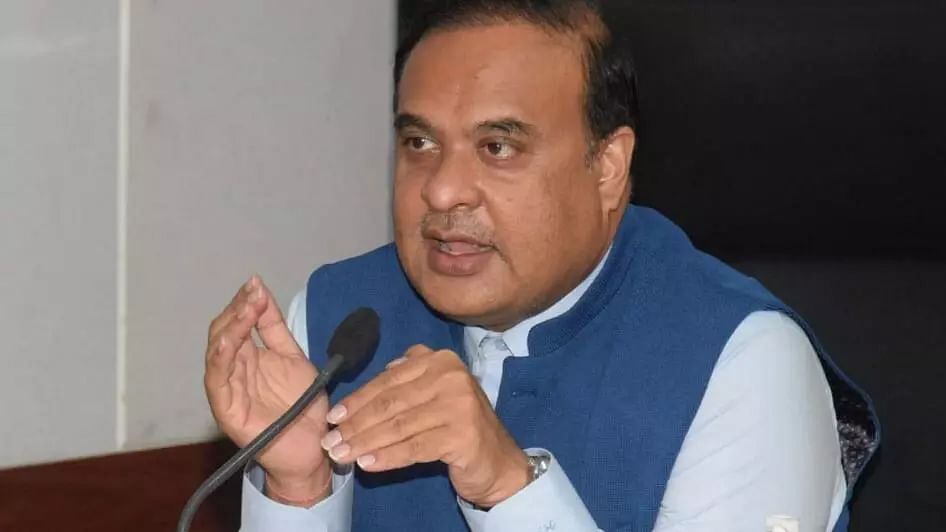Assam to change names of places to match culture, traditions: Himanta Biswa Sarma
Sarma informed that a portal will be launched to invite suggestions on change of names across Assam which are "contrary to our civilisation, culture and derogatory to any caste or community". Full story

New Delhi: Assam Chief Minister Himanta Biswa Sarma on Wednesday announced that several names of places in the state will be changed in line with the culture and traditions of the north-eastern state.
Taking to Twitter, the Chief Minister said, "THERE'S MUCH IN A NAME. Name of a city, town or village should represent its culture, tradition and civilisation."
Sarma informed that a portal will be launched to invite suggestions on change of names across Assam which are "contrary to our civilisation, culture and derogatory to any caste or community".
Also Read |
Assam Reports Zero Rhino Poaching In 2022; Check Figures Of Past 2 Decades
Earlier on Tuesday, the Assam Chief Minister while speaking at the Bhoomipujan of the second medical college in Guwahati had said that certain places including Kalaphar and other towns and villages across Assam will be renamed.
"There are several names of places in Assam which people do not feel comfortable uttering and are seen derogatory to some communities. Therefore, these need to be changed," he said.
Sarma gave an example of Kalapahar, and said, "Kalapahar had destroyed the Kamakhya Temple. I don't see a reason why any town should be named Kalaphar. This name must be removed after due consultation with people."
Also Read |
Himanta Biswa Sarma to be next Chief Minister of Assam, to take charge on Monday
In September last year, there was a huge controversy after the Assam Cabinet renamed the Rajiv Gandhi National Park as Orang National Park.
This was done after Sarma met the tea tribe community who had requested for the change of the name. Later, the Chief Minister clarified that there was no tradition of naming National Parks after political leaders in Assam, but Congress had broken the tradition in the early 2000s. (ANI)
 Dynamite News
Dynamite News 